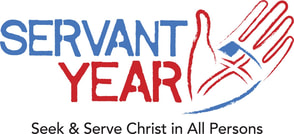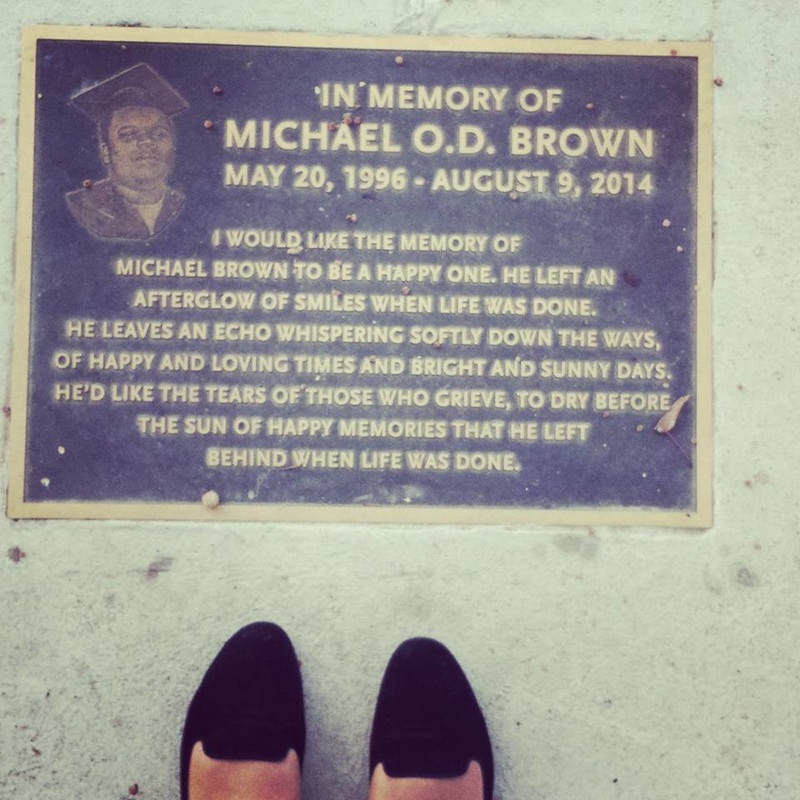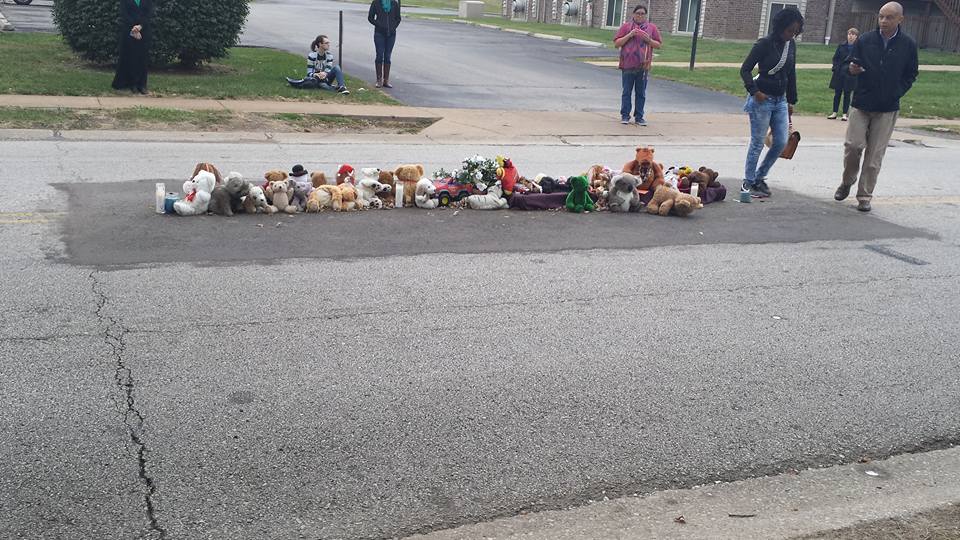|
By Cory Brautigam
Don’t waste your life never allowing yourself to be interrupted. I continually find it true that it is better to be a person who is easily interrupted than a person who never allows interruptions to affect them. Maybe I’m just putting in a good word for spontaneity, but I think there is something more to being a person who is attentive to interruption than just being spontaneous. Interruption is the breaking of continuity. Whether it is the continuity of a conversation, the continuity of a walk in the park, or the continuity of life, interruptions interfere. They come in all shapes and sizes. When you’re walking down the street and a homeless person tries to engage you in conversation: interruption. When you’re writing a blog post and your housemate strikes up a conversation: interruption. We generally consider interruptions bad. The reason for this, I believe, is two-fold. First, interruptions get in the way of what we expect to happen or what we are planning. When this happens, we are rendered somewhat helpless. We like to be in control. We like to have a plan. We feel a sense of entitlement — this is our time, and we can do with it what we want. Interruption takes this from us. Second, we are more attuned to the negative interruptions. While we notice the baby crying when we’re trying to talk on the phone, we miss the flute-like call of the Oriole as we run through the park. “Please do not interrupt” has been overdone. Surely there is a time (in fact, many a time) not to interrupt, but because we are always being told that we should not, we learn to react as if we have been wronged when we are interrupted. My brother once found a fly cooked into his french toast at a diner, this was an unwelcome interruption to his mealtime. Bad interruptions do exist, and they take away from whatever it is they are disrupting. Negative interruptions are quite common in this age – an age of technology and consumerism. Facebook and advertisements bombard us daily, but these “fly in the french toast” moments are not the only kind of interruptions. There are times when the welcoming of an interruption will allow us to better enjoy the very continuity being interrupted. I am very aware of interruptions as I spend most of my time in a classroom with between 14 and 18 interrupters (aka students). In this setting we often discourage interruption because it takes away from the class. However, I must admit, I sometimes wonder if the classroom should be brimming with interruption. Indeed it would take a very skilled educator to cultivate a classroom environment where this could lead to healthy growth and formation, but reimagining a classroom with formative disturbances might prove a worthwhile task. It is very important for the learner to have the “virtue of interruptability.” Yes, it is important to seek, but it is also necessary to receive, and sometimes we deny ourselves this by disallowing interruption. We must be open to receiving beauty and truth – even when it comes in the unexpected moment or form. I would argue that the greatest interruption of all time was the incarnation of Jesus Christ, who is the very foundation of the Christian faith. If you confess faith in this person, you are called to be attentive to interruptions, even to build your life upon the interruptions of Christ. The usefulness of interruption is evident in various ways. It can humble us. It can remind us that we are not the only person with an agenda, and that other people and their cares are worth our attention. It can teach us about the world around us, about things we are not even aware are there for us to be taught about. It can guide us into new places, places we would not have imagined we would be. It is in being aware of the interruptions in our life that we are transformed – for this is often the mysterious way in which God moves. Of course, there are still interruptions that we should disregard, but if we pay attention we might be surprised by what goodness we find interrupting our lives. Cory serves as a co-teacher at St. James School.
0 Comments
By Donnecia Brown Recently, I attended The Episcopal Young Adult Pilgrimage to Ferguson, MO. It was intensely emotional in the most beautiful way possible. In Ferguson, I met a tangible God and encountered resurrection power. I stood at Michael Brown’s memorial in the presence of God. I stood in solidarity with all the black lives that have been unjustly taken. I stood with Tamir Rice (Ohio), Sandra Bland (Texas), Eric Garner (New York), Trayvon Martin (Florida), John Crawford (Ohio), Ezell Ford (California), Yvette Smith (Texas), Jonathan Ferrell (North Carolina), Freddie Gray(Maryland), Walter Scott (South Carolina), Dontre Hamilton (Milwakee), Tanisha Anderson (Ohio), and hundreds of other victims. I grew weary thinking about these black and brown people who did not get the benefit of the doubt. I sobbed for lost childhoods, unachieved goals, victim blaming, and mourning communities. I petitioned God about the communal trauma people of color continue to experience. We are not safe. We are targeted. We are tired. We are hurting. I sat on the side walk across from where Michael Brown’s body lay in the street for approximately four hours, and thought “Lord, how long will we suffer?” Then, I received a gentle reminder- “He is risen.” Affirming the sacred and countering the profane. Michael Brown’s memorial was a gentle reminder of the resurrection power of God. There are many things being resurrected around and within me. I am still processing my experience in Ferguson as it was indescribable in may ways.
Lord, protect my process. Help me to affirm the sacred amid the profane. With your help, I can stand in solidarity against injustice of any kind. Help me to stand firm. Amen. Donnecia serves at the Consumer Bankruptcy Assistance Project. By Leanna Browne
I feel like this year has me questioning a lot of things so far - What am I really doing (in the fight for liberation)? Is Servant Year actually making an impact? How is the work I am doing really contributing to liberation? More importantly, what is the goal of our work? I could go on and on with questions, but I'll pause here. I guess my inquisitive nature as a child is revealing itself (perhaps because it never left). As Servant Year members, though we earn modest stipends, we are provided with comforts. For example, we are all given places to live, placements to provide us with an enriching experience, mentors to help support us in our professional and/or spiritual journeys, small group meetings to help create communities outside of our houses, monthly speaker series to engage us in discussions around relevant topics, formation opportunities to develop spiritually, etc. I'd say we are pretty protected by all these benefits. I think to an extent it can become easy (and safe) to become insulated by these comforts and become complacent. To bask in the privileges we have been afforded. But, if we say we care about issues that affect marginalized populations, shouldn’t we be questioning and re-examining how our lives reflect that on a daily basis? Asking ourselves – Are we really about that life? The life I’m talking about is really pursuing liberation, like Jesus did. I think this is where humility is vital. What does it mean to be humble? According to Google’s dictionary, it means having or showing a modest or low estimate of one's own importance. I don’t think being humble means thinking so lowly of one’s self to the point of self-deprecation. But, I think being humble means recognizing that you are but one person. You don’t have all the skills and knowledge to do everything and are willing to step back to listen and learn from others. As was brought to my attention in the first Wednesday morning devotion done in our office, John Neafsey writes in A SACRED VOICE IS CALLING: Personal Vocation and Social Conscience, “Whether we are a doctor or a minister, an artist or a taxi driver, a nanny or a teacher, our fundamental human vocation is to become just, loving, and humble persons during our short lives here on this earth” (5). Just, loving, and humble persons. Sounds a lot like Jesus, right? 1 Peter 5:6-7 (NLT) says, “So humble yourselves under the mighty power of God, and at the right time he will lift you up in honor. Give all your worries and cares to God, for he cares about you.” I see this as saying that God calls us to humility. How can we work alongside those seen as subaltern, if we are up so high in our places of privilege? But, God also opens himself up to us because we can’t pursue humility (or life in general) alone. I realize that there will be moments when I am cynical about things going on in the world. There will be moments when I question what’s the point of fighting for liberation when it all feels like too much. But, I have to remember that the acts of ordinary people together can be monumental. Leanna serves in the DIOPA Office of Family and Young Adult Ministry. |
Class of
|



 RSS Feed
RSS Feed
